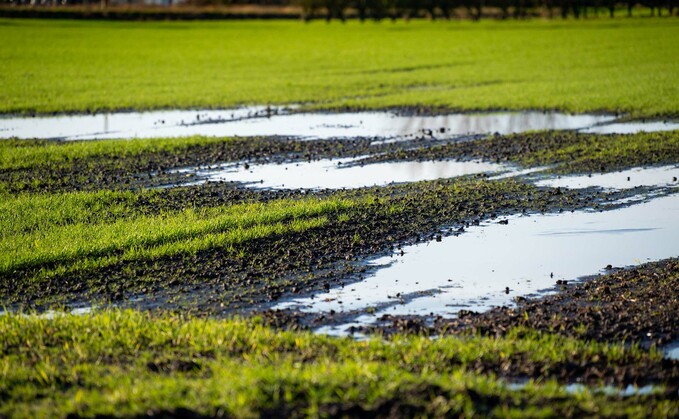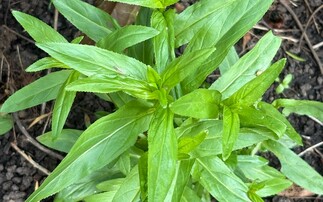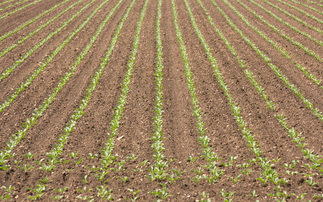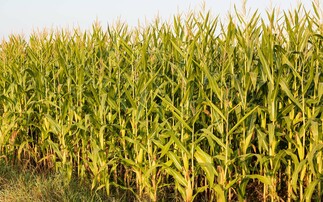
Biostimulants can help struggling crops get back on their feet by helping to restore root systems
Employing silicon biostimulants could offer a solution for those growers whose crops have suffered root stress from the prolonged wet weather. According to agronomist Mike Stoker, biostimulants can...




.png)



